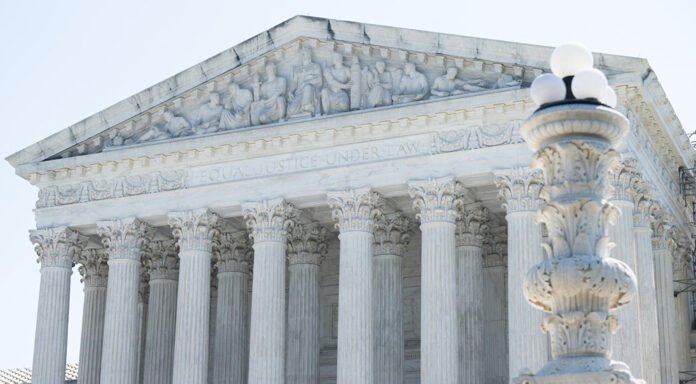The federal Supreme Court has rejected a bid to ban broad access to abortion pills, specifically, the mifepristone pill, leaving its current availability parameters unchanged. As is, this allows the most commonly used abortion pill to be accessed via mail or through the ordering via a telehealth platform online.
The unanimous decision from SCOTUS to refute this challenge is a positive turn in the fight to retain reproductive autonomy and the rejection of extremist legislation. This decision comes two years after the same court ruled to overturn the landmark Roe v. Wade decision which protected the right to abortion and President Biden signage of an executive order to protect access to abortions and reproductive healthcare.
On behalf of SCOTUS, Justice Brett Kavanaugh wrote that while the collective of anti-abortion doctors who pushed for the limiting of access to the pill have “sincere legal, moral, ideological and policy objections,” they do not have any standing to uphold a federal case.
“The plaintiffs may present their concerns and objections to the president and FDA in the regulatory process or to Congress and the president in the legislative process and they may also express their views about abortion and mifepristone to fellow citizens, including in the political and electoral processes,” wrote Justice Kavanaugh.
Since news of this broke today, many Pro-choice advocates have spoken out about their approval of this decision. California’s 12th District Representative Barbara Lee—who co-chairs the Pro-Choice Caucus— was one of the first to speak out.
What remains unclear, however, is if the Food and Drug Administration (FDA) was within its lawful jurisdiction to lift the restrictions placed upon accessing the pill. Such removal of limitations might signal a return to court in weeks to come to address accessibility from an alternative angle, as there are several other abortion-related cases being presented before the court.
In 2022, EBONY previous reported on the harms that the reversal of Roe v. Wade and subsidiary extremist legislation has specifically on communities of color. According to the CDC, on a gendered basis, Black women specifically in the United States are at risk of dying three times as likely from birthing complications than white women are. This is due to the proven systemic biases and disparities Black folks face that often go unchecked: lack of quality healthcare, underlying and dismissal of chronic conditions, social determinants of health and much more. Concurrently, Black women carrying a pregnancy to term is 14x more dangerous than having an abortion.
Breana Lipscomb, Senior Advisor for Maternal Health and Rights for the Center for Reproductive Rights, shared with EBONY, “Black women suffer great harm when reproductive rights are restricted. While legality alone has never been sufficient to guarantee access, without those legal protections, pregnant Black [people] who have abortions will face fewer safe options and higher risks of criminalization and punishment.”
All women and those capable of giving birth should have robust healthcare access that is holistic, dignifying of respect and unbiased human decency—regardless of what federal legislation promotes.


